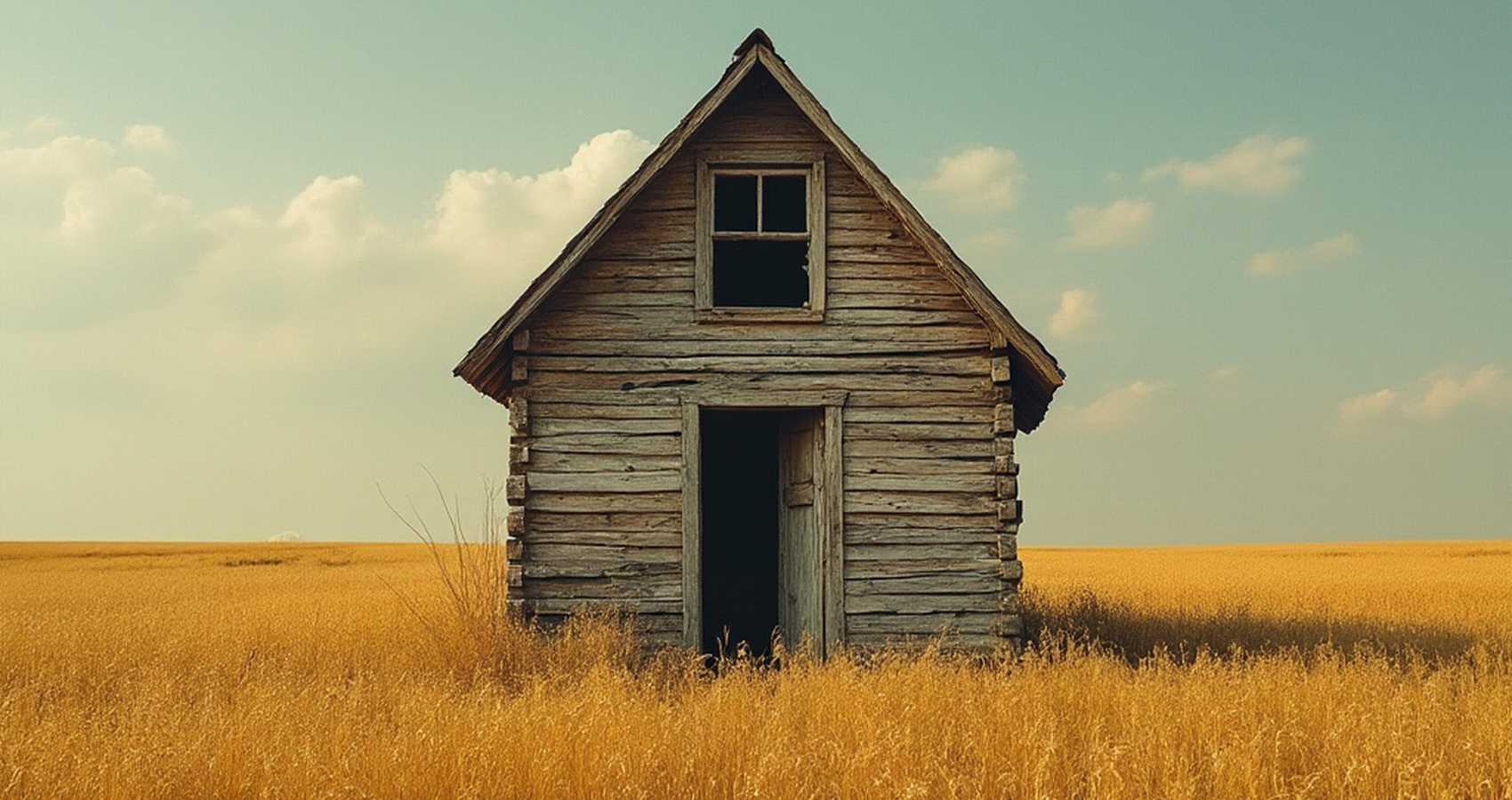My Field of Gold
written by: Rae S. Earley (thestoryscripter)
My feet drag in the overgrown grass, brittle with July heat. Even though it’s nearly 90 degrees, my body racks with chills and disease. I don’t care about the ticks I brush past anymore, or the mosquitoes that dive-bomb my ears. A detachment brews in me. Releasing itself from my ribs, untethering itself from my tendons. Even though I’m all alone and no one knows who or where I am, I’m completely at peace.
This field is familiar. I would play in it as a little kid, bounding through the blades with the energy of a thoroughbred. I’d sneak out here when my father was busy with work. I didn’t have any siblings to play with, but I didn’t need them. My imagination was the chef and this field was the pot. It was heaven to be with just the birds, the bugs, and the dirt.
There’s something serene about golden grass. It’s not as springy as green shoots but it isn’t quite dead either. It’s somewhere in between. I’m somewhere in between. Not dead, but not really living. The detachment continues, through my fingers and around my chest. Letting go is easy when given the space to do so.
Through the sober field, the skeleton of an old shack appears. Tall and skinny like an outhouse, its wood is weathered and split. Its one window has been shattered, and yet it feels homey. Years ago, I discovered a forgotten buoy and some netting inside. Perhaps this field used to be a wetland, now long dried up. I stumble to its sun-soaked slabs and press my back to the warmed panels. A chorus of cicadas rises from the cover of the grass. I used to cringe at that sound, imagining tiny bugs crawling all around, but now they bring me comfort. It’s the sound of my childhood.
As my eyes grow heavy, the flashbacks begin. Some may call my life short. Others might label it wasted. I don’t care what anyone thinks. Poverty has always followed my family. I watched kids my age in fancy, warm jackets while I was often forced to steal discarded, soiled blankets. There was never a time when my stomach was truly full. Whilst most of the kids in town retired to crisp sheets at night, I found myself on frost-laden burlap sacks and cobblestones under bridges. The tiny tokens of good fortune––a temporary job, a bowl of rice, hand-me-down shoes––do not outweigh the insurmountable lonely days and vicious taunts. I was a flea-ridden dog, begging for food. It was repulsive, undignified. A life not worth living.
Now that the parasites have colonized my colon, my skin refuses to heal, and my urine has dried up, I can’t go on. I refuse to. I refuse to let this system fail me further. Even if by some miracle, someone offered to treat me for free, I wouldn’t let them. Why heal me only to throw me back to the streets? I let one raggedy breath out through chapped lips. I no longer feel the talons of hunger. My head tilts onto the rough wood. A nail twinges the side of my head, but I don’t bother adjusting. I have only one goal now. To escape this cycle of hunger and superstition on my own terms. The final fingers of my essence unfurl their grip.
Long after the maggots and vultures have reduced my body to bone and the heat of summer is struck down with an October north wind, I still enjoy my field all to myself. No one has come down in the months since I departed, and I doubt anyone will for a long, long time. This is exactly where I want to be; where every day is golden, and the cicadas sing in the grass.
- A Fleeting Career In The Lights - November 10, 2025
- The Bridge of Death - July 17, 2025
- Spotlight On Writers – Rae S. Earley - May 3, 2025



